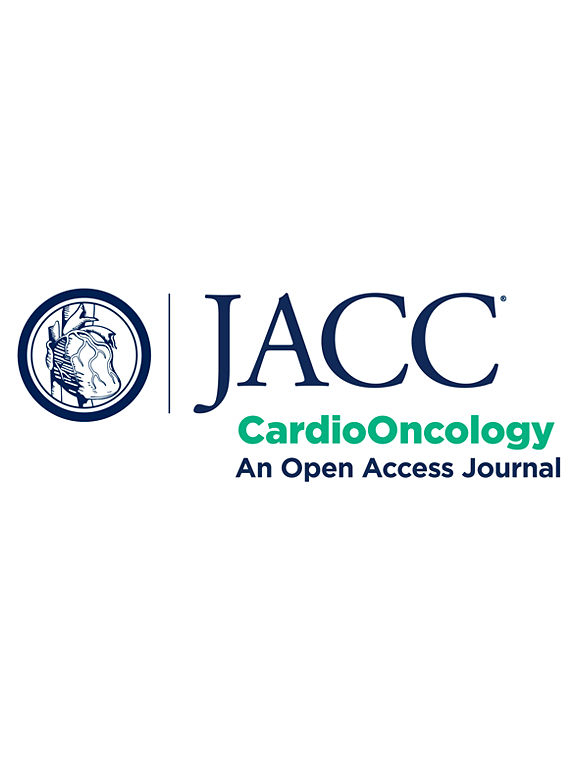克隆造血在癌症和心血管疾病中的应用
IF 12.8
1区 医学
Q1 CARDIAC & CARDIOVASCULAR SYSTEMS
引用次数: 0
摘要
越来越多的证据表明,癌症和心血管疾病(CVD)之间存在动态关系。心血管疾病在癌症幸存者中很常见;然而,它也可能增加患癌症的风险。推动这种联系的潜在因素仍然知之甚少。衰老、慢性炎症和免疫信号紊乱是癌症和心血管疾病的共同特征。克隆造血(CH)是与年龄相关的造血细胞体细胞突变的积累,导致细胞具有生长优势,与老年人的免疫失调有关。越来越多的证据表明,CH是心血管疾病的一个危险因素。虽然CH和血液学癌症之间的联系已经确立,但其与实体器官癌症的关系却鲜为人知。本综述深入分析了CH与实体器官恶性肿瘤相关的证据,并探讨了其作为CVD和癌症发展的共同危险因素的作用。此外,它还讨论了CH可能导致癌症幸存者心血管疾病的潜在机制。本文章由计算机程序翻译,如有差异,请以英文原文为准。
Clonal Hematopoiesis in Cancer and Cardiovascular Disease
Emerging evidence suggests a dynamic relationship exists between cancer and cardiovascular disease (CVD). CVD is common among cancer survivors; however, it also may increase the risk of developing cancer. The underlying factors driving this connection remain poorly understood. Aging, chronic inflammation, and perturbed immune signaling are shared hallmarks of cancer and CVD. Clonal hematopoiesis (CH), the age-related accumulation of somatic mutations in hematopoietic cells leading to cells with a growth advantage, is associated with immune dysregulation in elderly people. Growing evidence suggests that CH is a risk factor for CVD. Although the link between CH and hematological cancer is well established, its relationship to solid organ cancers is far less understood. This review provides an in-depth analysis of the evidence linking CH with solid organ malignancies and explores its role as a shared risk factor for the development of both CVD and cancer. Furthermore, it discusses the potential mechanisms by which CH may contribute to CVD among cancer survivors.
求助全文
通过发布文献求助,成功后即可免费获取论文全文。
去求助
来源期刊

Jacc: Cardiooncology
Multiple-
CiteScore
12.50
自引率
6.30%
发文量
106
期刊介绍:
JACC: CardioOncology is a specialized journal that belongs to the esteemed Journal of the American College of Cardiology (JACC) family. Its purpose is to enhance cardiovascular care for cancer patients by publishing high-quality, innovative scientific research and sharing evidence-based knowledge.
The journal aims to revolutionize the field of cardio-oncology and actively involve and educate professionals in both cardiovascular and oncology fields. It covers a wide range of topics including pre-clinical, translational, and clinical research, as well as best practices in cardio-oncology. Key areas of focus include understanding disease mechanisms, utilizing in vitro and in vivo models, exploring novel and traditional therapeutics (across Phase I-IV trials), studying epidemiology, employing precision medicine, and investigating primary and secondary prevention.
Amyloidosis, cardiovascular risk factors, heart failure, and vascular disease are some examples of the disease states that are of particular interest to the journal. However, it welcomes research on other relevant conditions as well.
 求助内容:
求助内容: 应助结果提醒方式:
应助结果提醒方式:


